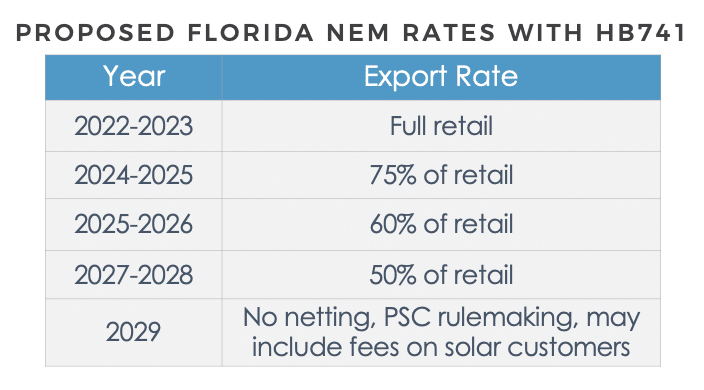robby
Photon Vampire
- Joined
- May 1, 2021
- Messages
- 4,118
And it took 2 seconds to show that your wrong."During the War, Americans purchased approximately $186 billion worth of war bonds, accounting for nearly three quarters of total federal spending from 1941-1945".
It took 2 seconds for the truth.
The US spend 342 billion on WWII. So at the end of WWII War Bonds accounted for 41% of the funding used (assuming your 186m figure is right). Anyway the percentage does not matter. You jump to an assumption that this was just free donated money. The Bonds were paid back 10 years after the war with Interest. Or the owner could keep them longer to gain further annual Interest. The Federal Government Paid the entire bill for the war and only used the bonds as a short term public loan. Something which was not new since they had also done this in WW1.
Last edited:



